Search results for: “hell part 2”
-
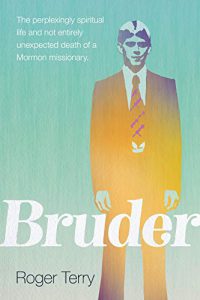
Ethics and Mormon missionary work: what memoirs tell us
They are still teenagers, 18 or 19, and are sent out to change the lives of adults. The boys dress up like CIA-agents, the girls like old-school women. They typically have no clue about the national, regional, social, cultural, religious, or familial identities of the people they try to interest in their alien sect. They…
-

Why I Wrote a Sex Manual for Mormons
Earthly Parents is the pen name of the author of And It Was Very Good: A Latter-day Saint’s Guide to Lovemaking. He agreed to share some of the book’s background here. * * * On the top of my parent’s bookshelf, far above the white-spined World Book Encyclopedias I read as a child, sat a…
-
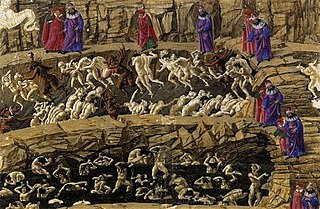
Satan’s troll farm
If Satan hired a Russian troll farm, what would the Mormon corner of the Internet be like?
-

5 lessons from Schmidt and Taylor’s book Carried: How One Mother’s Trust in God Helped Her through the Unthinkable
In late 2016, Annie Schmidt went hiking in the mountains of Oregon. When she didn’t reappear, a mix of professionals and amateurs, friends and relatives and strangers, searched for weeks to find her. Annie’s mother, Michelle Schmidt, teamed up with her sister, Angie Taylor, to write the story of Annie’s disappearance, the search, and the…
-
I know this church is true
This statement is not nonsensical or trite. It is the essence of our belief in six words. It is, in its own way, even lyrical. One occasionally hears objections to the effect that statements can be true, or friends can be true, but how can an organization be true? I started writing this post some…
-
D&C 76 and 1 Cor 15
There’s no doubt that the three kingdoms in D&C 76 have terminology related to 1 Cor 15. However the tendency of Mormons to read 1 Cor 15 in terms of D&C 76 is unfortunate. While they’re related somewhat they’re ultimately addressing very different topics. 1 Cor 15:39-44 is about the nature of resurrected bodies. D&C…
-
Women in the New Kingdom
Some of the places I love the most in the Holy Land are the churches dedicated to women. My favorite is the Duc In Altum in Magdala on the shore of Galilee. It is a lovely Catholic chapel overlooking the Galilee and dedicated to the women of the New Testament. In one room is a…
-

The Death of the Newspaper
I know the travails of the Salt Lake Tribune and then smaller papers like the Daily Herald in Provo and the Ogden Examiner don’t seem directly LDS related. However all these papers, along with the Deseret News, tend to cover religious topics. It’s worth discussing what’s going on.
-
“Neither Shall There Be Any More Pain”: Trials and Their Purpose
This is a talk I gave in sacrament meeting on March 12, 2017. The topic was “Trials and Their Purpose.” I appreciate the thoughts and words of [the previous speakers]. I hope that you all can find some solace in our various messages, even if the answers are a bit incomplete. The purpose of trials—or…
-
Sacrament Prayers: A Close Reading
A while ago my dad had pointed out some features of the sacrament that somehow I’d missed in all the years I’d been partaking. A few of these were examples of something that’s right before you the whole time yet somehow you still miss. I thought I’d share them with you. We get our sacrament…
-

American Mormons Aren’t Leaving the GOP, the GOP is Leaving Us
Believe me, no one wants to write about the Trump campaign (yet again) less than I do. However, events last week might have long-term consequences for the position of Mormonism in American society, and I thought it was worth a little bit of a look. The story starts with a major shake-up in the Trump…
-
The Anthropocentric Shift: Secular Age, round 6
Links to posts 1, 2, 3, 4, 5 In the last several posts, we’ve covered how the enchanted, hierarchical world of pre-modern Europe slowly shifted in the sixteenth and seventeenth-centuries to a “disciplinary” society, where human beings began to perceive themselves as rational agents and masters of their own will and destiny, and increasingly related…
-

Going All Sorts of Gentile
It’s almost Pentecost, when the Holy Ghost went wild, which brings to fiery minds the thought of not only that particular world-turned-upside-down event but assorted others a whole lot like unto it, which other events alas never got their own red-letter day on the calendar, even though they probably deserved to, and so it occurred…
-
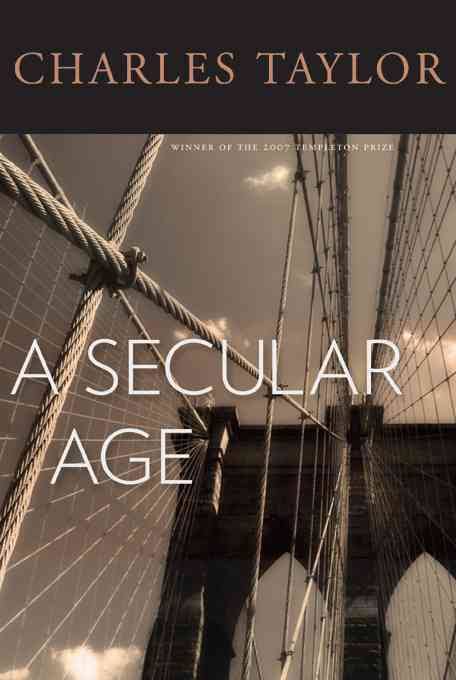
Enchantment and Disenchantment: Secular Age Round 3
(Links to Rounds 1 and 2) These next several posts will cover chapters in Parts I-III, which comprise Taylor’s account of the western historical trajectory towards secularity, from the enchanted world of 1500 AD to the disenchanted and pluralistic one of 2000 AD. Overall, Taylor’s historical account challenges the “subtraction” stories that explain the road to…
-
“A Supreme Act of Love”
This past Sunday, we covered chapter 6 of the Howard W. Hunter manual titled “The Atonement and Resurrection of Jesus Christ.” The lesson quotes President Hunter as saying that the Atonement “was an act of love by our Heavenly Father to permit his Only Begotten to make an atoning sacrifice. And it was a supreme…
-
An Americanized Gospel
A chatty post at the This Week in Mormons site, “Americanisms in a Global Mormon Church,” recounts a few of those Americanisms: Scouting, patriotic music in the LDS hymnal, women wearing (or not) pants to church. At a deeper level, the LDS Church has self-consciously embedded itself in the American myth. Consider “The Divinely Inspired…
-
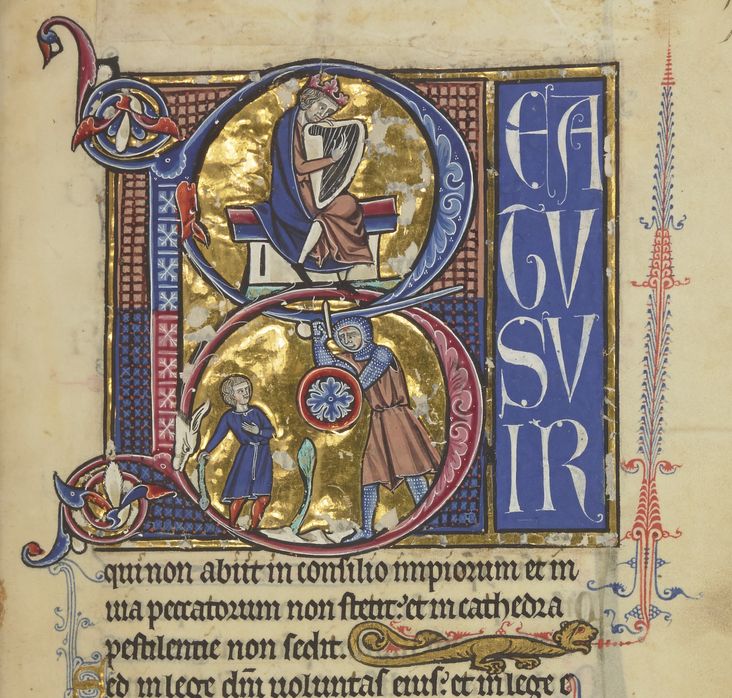
Beatus Vir
Throughout the middle ages, the popularity of the Book of Psalms caused it to be reproduced in Latin as a separate volume of devotional literature called the Psalter. In medieval manuscripts, the opening phrase of Psalm 1, “Beatus vir,” was often richly decorated, as in this example from the thirteenth-century. The Latin Beatus is related…
-
Three Footnotes on Moroni and the Swastika
My review of David Conley Nelson’s Moroni and the Swastika, a book about Mormons and the church in Nazi Germany, was just published in Dialogue. To summarize my review briefly: the book’s primary arguments are wrong, it distorts the facts and documents that it takes as evidence for those arguments, and the writing is imprecise…
-
Consequences, Intended or Otherwise, in Light of the Update
A few days ago, after the new policies were leaked but before the First Presidency clarified them, I posted a list of possible consequences of the policies here. This post reproduces my list, crossing out those scenarios no longer possible in light of the First Presidency letter. I also made some updates (in bold print).…
-
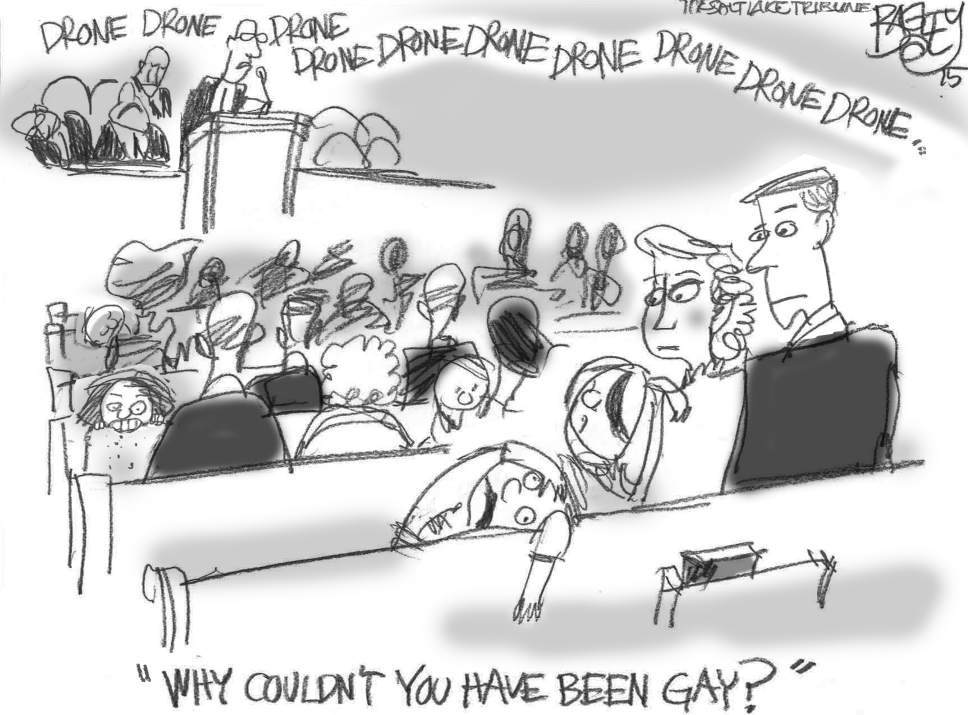
Consequences, Intended or Otherwise
UPDATE: this post was written before the First Presidency clarified the new policies. Please see this post, which repeats everything in this post but updates it and provides some concluding thoughts. — I’m thinking about the implications–doctrinal and practical and cultural–of the recent policy changes.
-
Varieties of Grace
I’m not susceptible to guilt. I’m sensitive to social pressure, for sure, and can be “guilted into” doing or saying things I don’t really mean. I feel terrible when I’ve failed to meet an obligation or hurt another person. But I don’t really feel that I’ve sinned — I don’t have the inner sense that…
-
New Testament Gospel Doctrine Lesson #6
So here’s the plan: each week that the gospels are covered in Sunday School, I will post one question from my book along with a brief discussion of the issues that it raises.
-

Salt Lake City, We Have a Problem
It has always been the case that some missionaries “come home early,” as the gentle phrasing goes. It turns out that more missionaries are coming home early than ever before. The percentage is now into the double-digits, and it turns out the folks in Salt Lake City are already well aware that we have a…
-
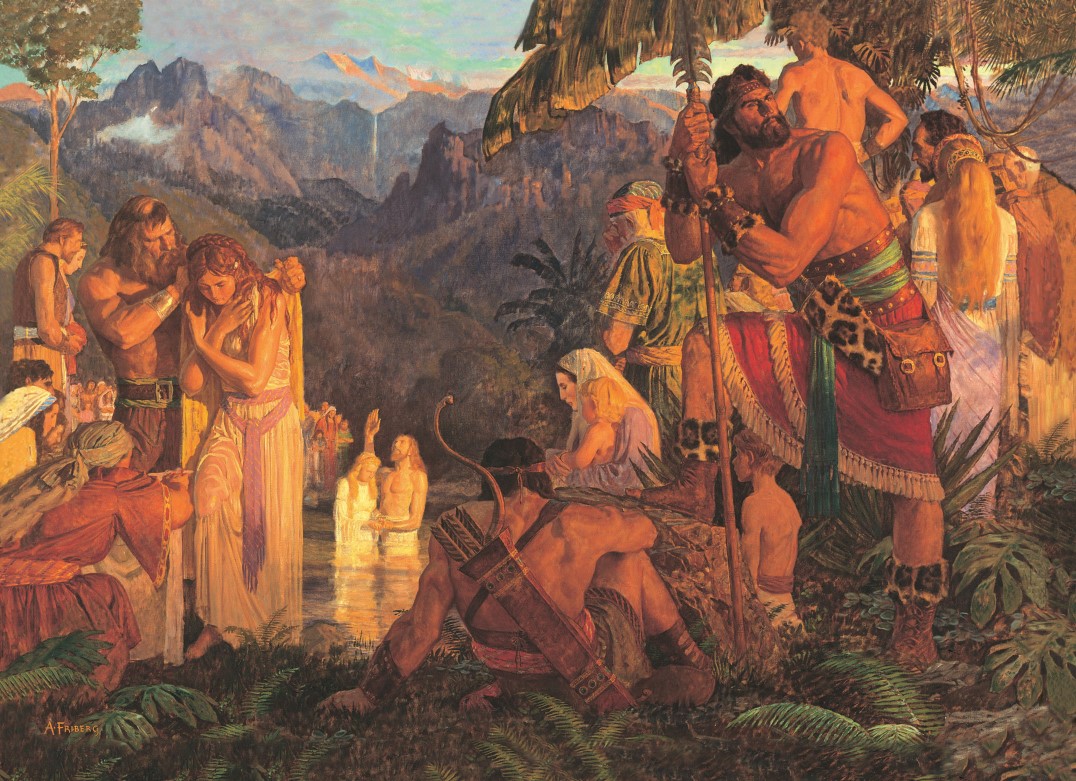
Comfort Those That Stand in Need
Behold, here are the waters of Mormon and now, as ye are desirous to come into the fold of God, and to be called his people, and are willing to bear one another’s burdens, that they may be light; Yea, and are willing to mourn with those that mourn; yea, and comfort those that stand…
-

Ordain Women – the Joke Is On You
I just read the “hilarious” post on Andy Kano’s blog titled: Some LDS Women Want The Priesthood? Well LDS Men Have Some Requests Too. If you don’t want to read it, in a nutshell it’s a “comical” slapdown of Ordain Women in which he demands equality by, you know, providing a room where men can…
-
Bo Knows Heaven
So there’s my sort of neighbor big Bo, who despite owning two rock-solid Scandinavian names including, yes, Bo, doesn’t exactly seem to have things rock-solidly together.
-

Defending Faith
One of my heroes is Hugh Nibley. I know. I know. How cliche for a Mormon Studies guy. Though it seems almost equally cliche to dismiss Nibley. In my second semester of graduate school at the University of Utah, I took a graduate seminar in ethics and public affairs. It was a small group. I…
-
Literary Joseph Fielding Smith #03: A Christmas Idyl
When we talk about the plan of salvation, as Teachings of the Presidents of the Church: Joseph Fielding Smith lesson #3 does, we focus on several key elements: the pre-existence, the fall, the atonement, the resurrection and the judgment. That’s a lot of ground to cover—and often our lesson manuals cover each of those elements…

